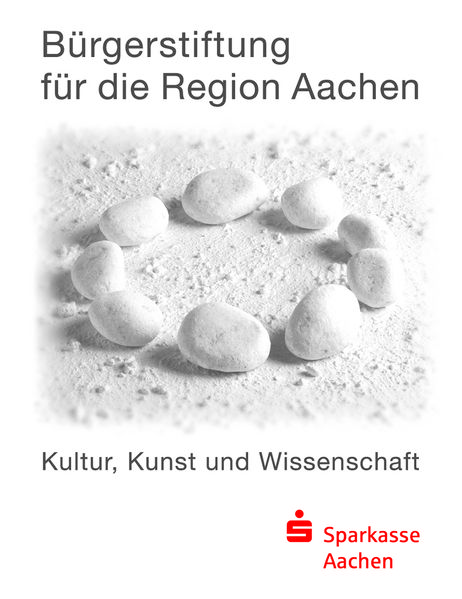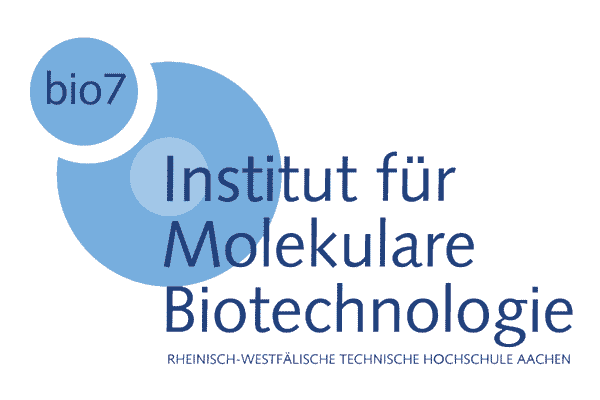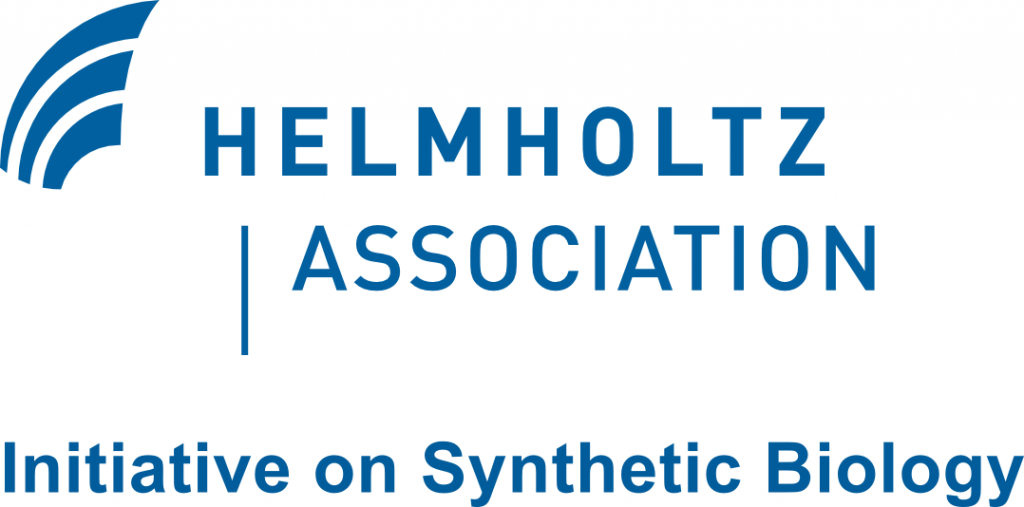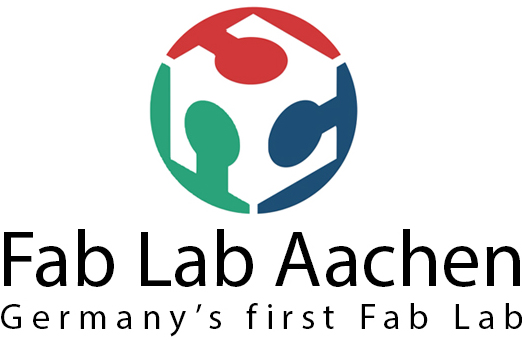Team:Aachen
From 2014.igem.org
(Difference between revisions)
| Line 2: | Line 2: | ||
{{CSS/Main}} | {{CSS/Main}} | ||
{{Team:Aachen/Stylesheet}} | {{Team:Aachen/Stylesheet}} | ||
| - | {{Team:Aachen/ | + | {{Team:Aachen/HeaderFront}} |
<!-- [[File:Aachen_Cellock_rand.png|left|250px]] --> | <!-- [[File:Aachen_Cellock_rand.png|left|250px]] --> | ||
| Line 96: | Line 96: | ||
All design choices were made in accordance to the "Open Source" principle, resulting a fast, mobile and inexpensive biosensor. Our technology is an ideal fit for low-budget institutions such as schools and community labs as well as the biohacking scene.--> | All design choices were made in accordance to the "Open Source" principle, resulting a fast, mobile and inexpensive biosensor. Our technology is an ideal fit for low-budget institutions such as schools and community labs as well as the biohacking scene.--> | ||
| - | {{Team:Aachen/ | + | {{Team:Aachen/BlockSeparatorFront}} |
<center> | <center> | ||
Revision as of 22:51, 17 October 2014
|
 |
|
 "
"





